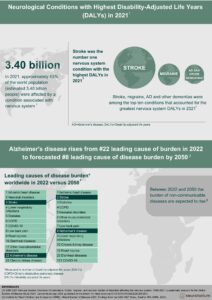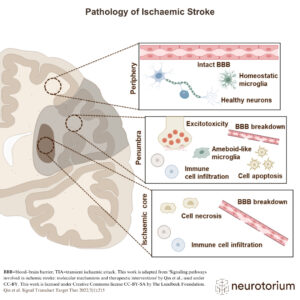In this video, Alexandra Z Durfee, Ph.D., discusses aphasia, a language disorder often resulting from left-hemisphere strokes, causing challenges with speaking, listening, reading, and writing.
Alexandra Z Durfee, Ph.D. also discusses the consequences of right hemisphere strokes while introducing apragmatism and highlighting the difficulties people face with non-literal language and emotional expression post-stroke.





